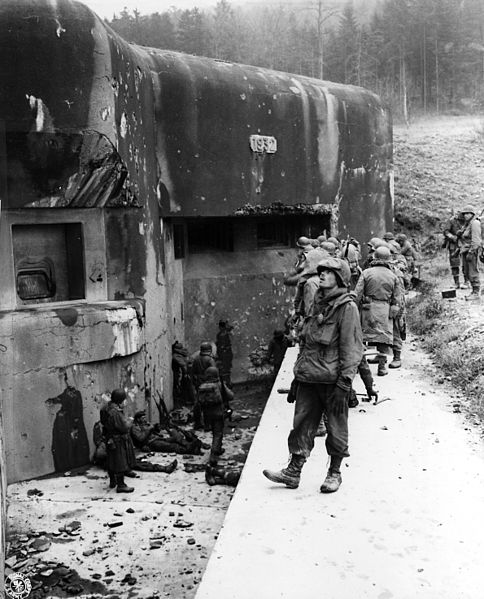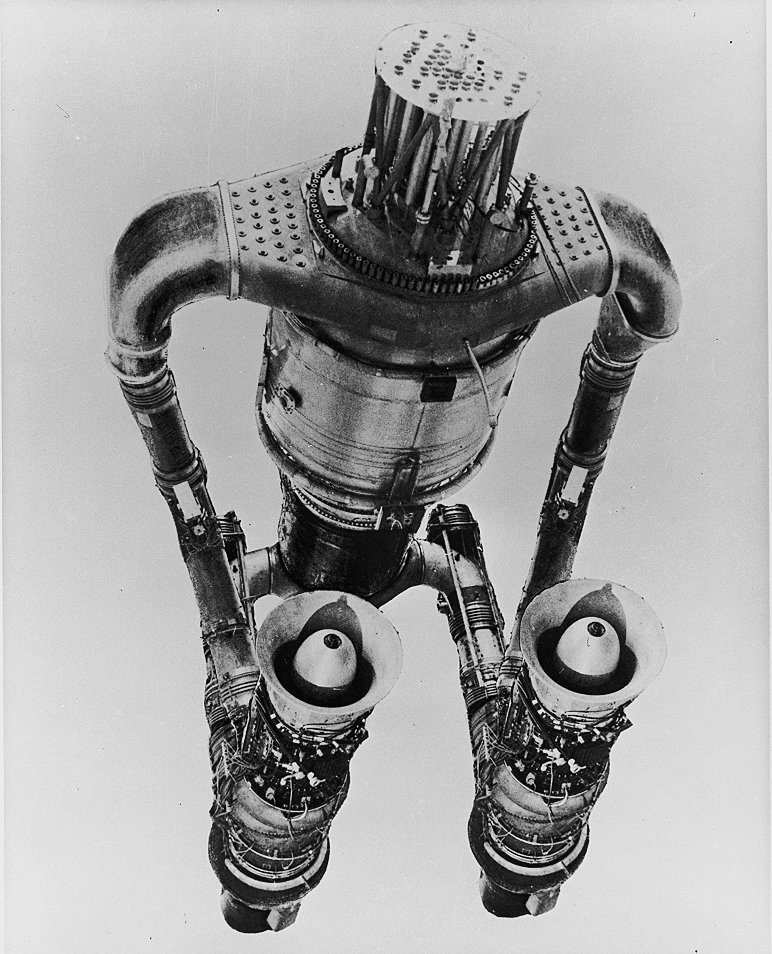Siegfried Sassoon's grave at left as photographed by Graham Allard as part of the Geography Project.
I've wanted to write this post for a couple weeks now.
Blogging was once the required social media venture for new writers. Blog, we were told. People want to connect. Readers want to know you. Agents expect you to demonstrate an even hand at media savvy promotion.
I didn't swallow any of it. Many of my favorite authors are notorious hermits (and my all time favorite popular recording artist Kate Bush is right there with them).
I use this blog as a type of rambling journal in which I say many things I could never say to people in person for it would be both intrusive and rude. Offer unsolicited advice on craft? Hardly good sport at all.
The advice to blog and its value on enforcing a kind of public rigor to a new writer (you must keep up with entries or everyone knows you are slacking) has passed. Social media savvy yes; blogging: not so much. Maybe an author page? Sure.
I've written that the best form of promotion is content. A dozen short stories with one or two in anthologies is a good stepping stone for a novel which is a good stepping stone for fourteen other novels.
The blog? It's a good stepping stone to finding kindred spirits. Think about that a minute, will you?
Not so easy, is it? Maybe you make friends quickly. If you're a writer, I bet you make acquaintances quickly and friends painfully slowly.
When you blog and say what you think as a writer, you put a bit piece of yourself out there for others to see.
Most of us are just not the "popular" kids from school. We don't immediately attract followers - and by this I mean folks who might regularly drop by, read, comment, pass on gems from their experience, even encourage us.
We don't draw folks in very well without very carefully constructing the matrix defining the interaction. We learn to draw readers into our prose. We do less well at drawing friends into our kitchens.
We work not in the center of a party (Martini? Love to!) but in the converted closet, laundry room, basement, corner desk in the kitchen when the family is asleep. We're inches from living in a 10' x 14' cabin in Montana: every one of us - at least when we're writing.
Pictures of kittens at play on the page? Sure. People throng to the page. Thoughts on our favorite perspective of inner conflict? Maybe not so many folks.
So, new writers begin the dreaded blog. They stumble to attract an audience. The struggle with the craft. The feel the pull of other pursuits - mainly of that horrendous box in the family room for which they've been conditioned their whole life to turn to for recreation that is a passive as it is corrupting.
They let other thoughts into their minds: thoughts not their own and they neglect any sort of discipline at sorting and filing and purging these thoughts so they don't spill over into their efforts in prose.
They stumble. The blog withers. They come back to it a couple of times. Sometimes for a short series of time and most frequently for a few sporadic entries. May 2011. December 2011. June 2012. August 2013. Then, nothing.
I search for their work hoping that this voice I found which I enjoyed is out there: producing. Maybe, their career took off and the blog just wasn't a priority with all the interviews and discussions of screenplay adaptations and ... No. Nothing. No citations on Google. Nothing on Amazon. Nothing in a periodical.
A lost blog only.
I think there is nothing more heart-rending than a dream gone dark. I think of it as losing sight. I think when a writer abandons their work, a piece of their soul is blinded.
I'm a little man. I live a little life.
I've been fortunate to be near those upon whose will the world turns. I've had every opportunity to make the world turn upon my will in many spheres: finance, politics, world affairs. I've wasted more opportunities in life than most people ever get. It makes me a deplorable person - and I am.
All I have left is the ability to lie. School trained at it, actually.
There is more than a little wrong with me and while I deliver a little utility and industry, it is marginal. I'm just not that important to making the world go around. I'm a writer because of it.
Somehow it all seemed to fit.
I read a writer's blog and I'm intrigued by their voice, their ideas, their insight into the struggles of this pursuit. Then, I refresh the entry to "current" and find the last post was in 2012.
I went down the hill with the occupants of a very small town once to see a station wagon hit by the local train. We were all ashamed for looking later (I suspect) but we couldn't stop ourselves at the time. The dreams of the dead hung in the air for me.
That feeling of looking upon someone's deceased dream is what I see when I search blogs for "writer narrative voice" and find a great essay from 2004 and nothing more from 2005 onward.
The blog can be an effective electronic tombstone for our lost dreams.
There is little as sad to me.
I'm off to write. I hope you are, too. Try to put a note on your blog while you're out there.
It's much more meaningful to your followers than inane shouting in 140 characters or less.
...........
From "Does It Matter" - Sassoon.
Does it matter? — Losing your sight?
There's such splendid work for the blind,
And people will always be kind,
As you sit on the terrace remembering,
And turning your face to the light.
















May2006.jpg/450px-SiegfriedSassoonGraveMells(GrahamAllard)May2006.jpg)



